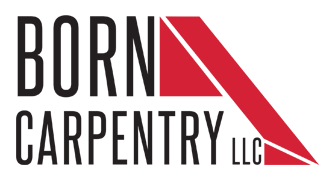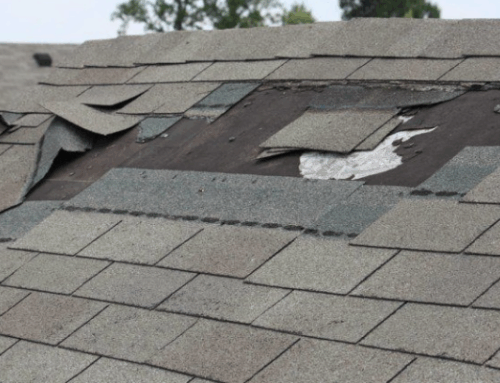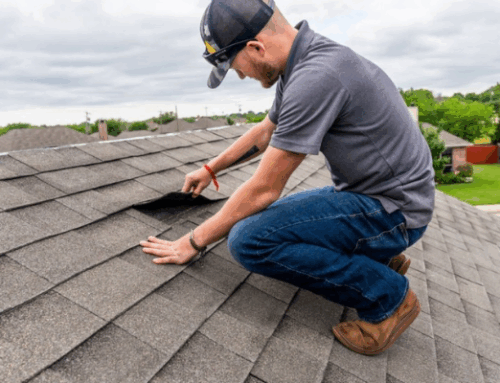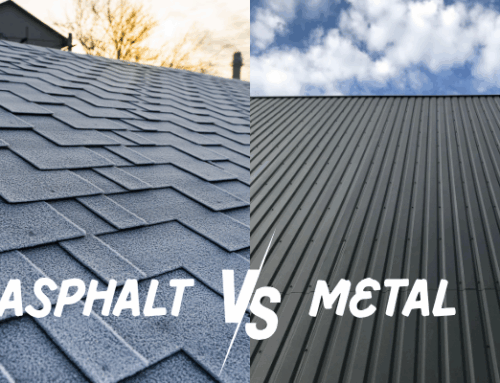Your roof stands as the frontline defender against nature’s elements, shielding your home or business from rain, snow, wind, and sunlight. Yet, amidst the hustle and bustle of daily life, it’s easy to overlook the maintenance needs of this essential structure. In this article, we delve into the importance of regular roof inspections as a cornerstone of preventative maintenance, highlighting their role in detecting issues early, extending roof lifespan, safeguarding against weather damage, ensuring warranty compliance, and providing peace of mind for property owners.
1. Early Detection of Issues:
Regular roof inspections conducted by qualified professionals serve as proactive measures to identify potential problems before they escalate. From loose or damaged shingles to small leaks and deterioration of flashing, these inspections allow experts to catch issues in their nascent stages. By addressing these minor concerns promptly, property owners can prevent them from exacerbating into larger, more costly problems. For instance, a simple fix such as replacing a few damaged shingles can prevent water intrusion and the subsequent need for extensive repairs to the underlying structure.
2. Extend the Lifespan of Your Roof:
A well-maintained roof is synonymous with longevity. Regular inspections, coupled with timely repairs and maintenance, help preserve the structural integrity of the roof over time. By addressing issues promptly, such as repairing damaged flashing or sealing cracks, property owners can prevent moisture infiltration and structural deterioration. This proactive approach significantly extends the lifespan of the roof, delaying the need for premature replacement and saving substantial costs in the long run.
3. Protect Against Weather Damage:
Roofs endure constant exposure to a myriad of weather conditions, ranging from heavy rain and snow to high winds and UV radiation. Over time, these elements can cause wear and tear, compromising the roof’s integrity and leading to potential damage. Regular inspections enable roofing professionals to assess the impact of weather on the roof’s condition and implement preventive measures. This may include reinforcing vulnerable areas, replacing damaged materials, or applying protective coatings to enhance weather resistance. By safeguarding against weather-related damage, property owners mitigate the risk of costly repairs and ensure the long-term durability of their roof.
4. Maintain Warranty Compliance:
Many roofing warranties come with specific maintenance requirements, including regular inspections, to remain valid. Failure to adhere to these stipulations may result in the nullification of the warranty, leaving property owners liable for repair or replacement costs. By scheduling routine roof inspections as part of their preventative maintenance plan, property owners not only fulfill warranty obligations but also benefit from additional protection against unforeseen issues. This compliance ensures that any potential roofing issues are addressed promptly and in accordance with the warranty terms, minimizing financial risks for property owners.
5. Peace of Mind:
Perhaps one of the most significant benefits of regular roof inspections is the peace of mind they offer to property owners. Knowing that their roof is in good condition provides reassurance against potential leaks, structural damage, or other roofing issues that could disrupt daily life or business operations. Regular inspections instill confidence in the integrity of the roof, allowing property owners to focus on other aspects of property management without worrying about looming roofing problems. This peace of mind is invaluable, contributing to a sense of security and well-being for property owners and occupants alike.
6. Preserve Property Value:
A well-maintained roof enhances the overall curb appeal and value of your property. Regular roof inspections and maintenance contribute to the aesthetic appeal of your home or business, making it more attractive to potential buyers or tenants should you decide to sell or lease the property in the future. Moreover, a structurally sound roof with a documented history of maintenance can command a higher selling price or rental income, maximizing your return on investment.
7. Enhance Energy Efficiency:
Roofing issues such as gaps, cracks, or insufficient insulation can compromise the energy efficiency of your property. During roof inspections, professionals assess the condition of the roof and identify any areas where energy loss may occur. By addressing these issues through repairs or improvements, property owners can enhance the energy efficiency of their buildings, leading to reduced utility costs and a smaller environmental footprint.
8. Prevent Health Hazards:
A neglected roof can harbor mold, mildew, and other harmful organisms that pose health risks to occupants. Moisture infiltration resulting from roof leaks or poor ventilation can create conducive environments for mold growth, compromising indoor air quality and triggering respiratory issues. Regular roof inspections allow for the early detection and remediation of moisture-related problems, safeguarding the health and well-being of occupants.
9. Compliance with Building Codes and Regulations:
Building codes and regulations mandate certain standards for roof construction and maintenance to ensure occupant safety and structural integrity. Regular roof inspections help property owners remain compliant with these requirements by identifying any deficiencies or deviations from code standards. Addressing these issues promptly not only prevents potential fines or penalties but also ensures that the property meets safety and regulatory standards.
10. Tailored Maintenance Plans:
Each roof is unique, with specific materials, design features, and environmental factors influencing its maintenance needs. Through regular inspections, roofing professionals can develop customized maintenance plans tailored to the specific requirements of your roof. These plans may include scheduled inspections, routine maintenance tasks, and recommendations for repairs or upgrades based on the roof’s condition and performance. By following a personalized maintenance plan, property owners can optimize the longevity and performance of their roof while minimizing maintenance costs.
Conclusion:
Regular roof inspections are an essential component of preventative maintenance for any property owner. By detecting issues early, extending roof lifespan, protecting against weather damage, maintaining warranty compliance, and providing peace of mind, these inspections offer a myriad of benefits. Property owners are encouraged to prioritize regular roof inspections as part of their maintenance routine to safeguard their investment, preserve the integrity of their property, and mitigate the risk of costly repairs. Ultimately, investing in proactive roof maintenance today can yield substantial savings and ensure the long-term durability of your roof for years to come.






